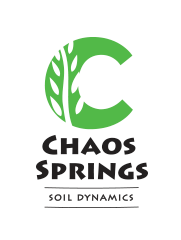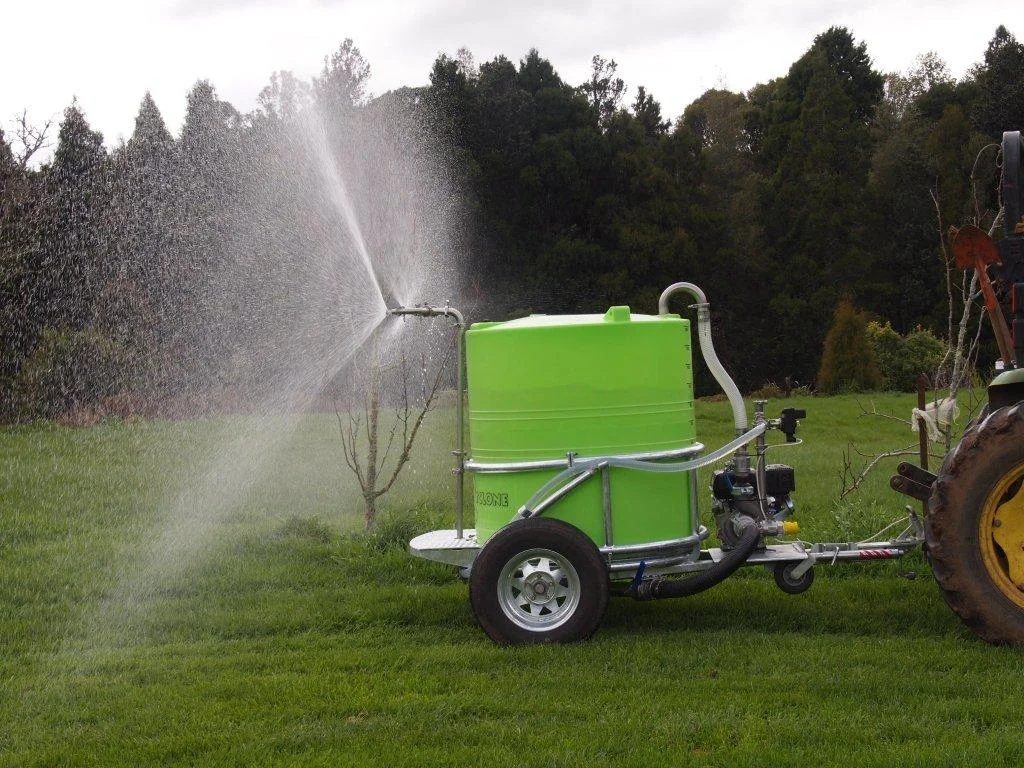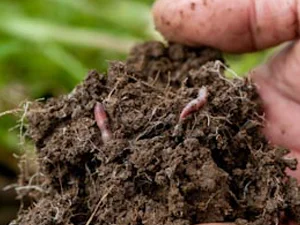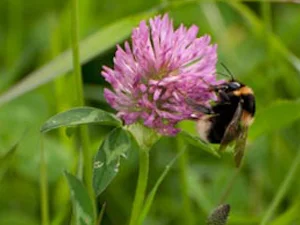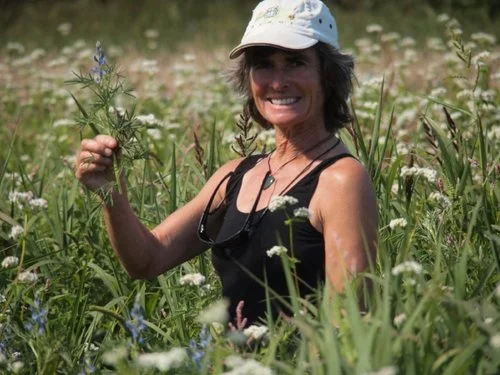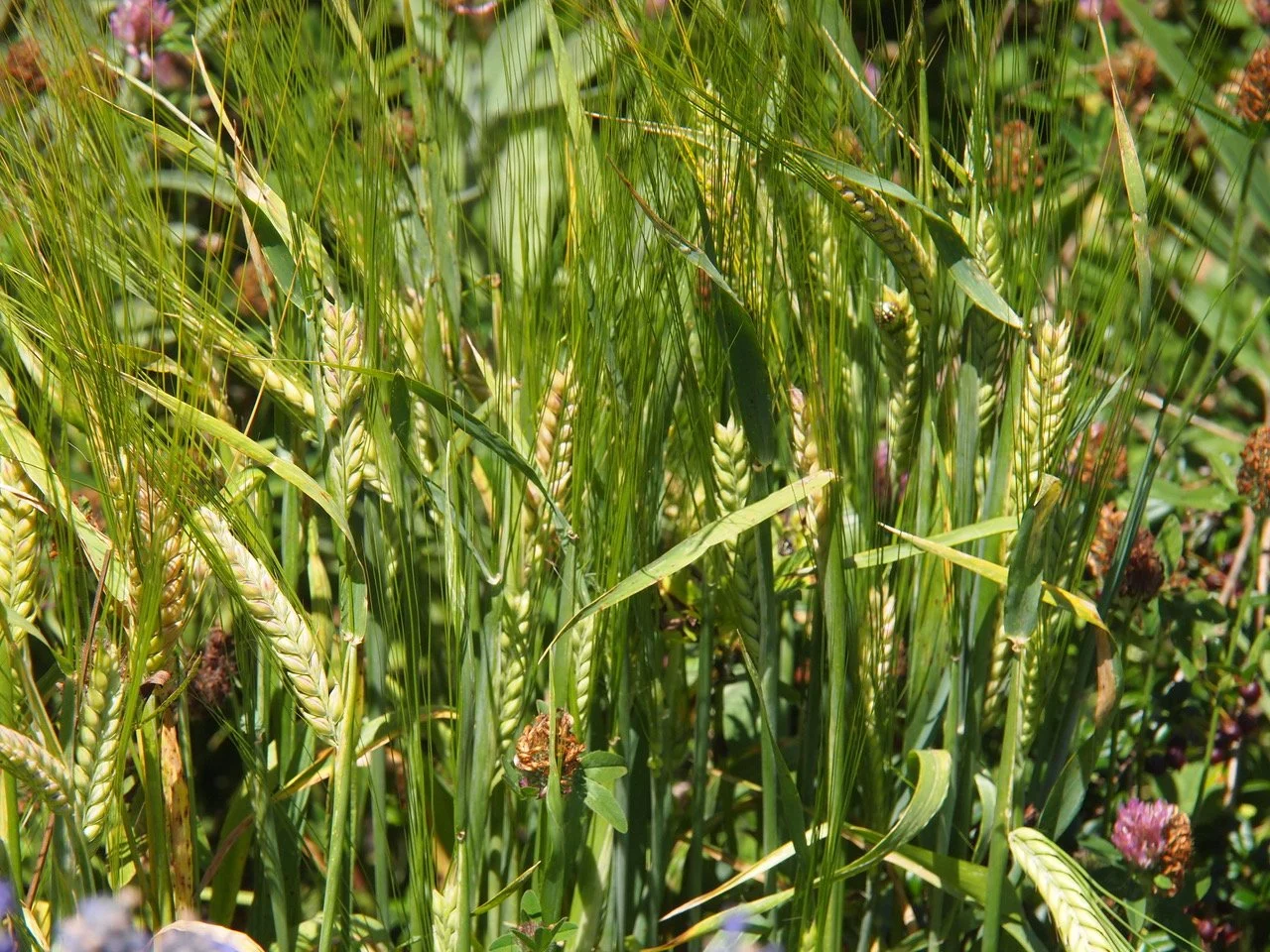Welcome to Chaos Springs
FOR MORE INFORMATION ON THE AMAZING CYCLONE MULTI-TASK TRAILER SPRAYERS, AND HOW THEY CAN HELP YOU TAKE CONTROL OF YOUR FARM FERTILITY PROGRAM, SEE VIDEOS BELOW.
Minerals - Biology - Plants and Energies are what makes up Soil Dynamics. Creating On-Farm Fertility is about getting all of those dimensions of your soil working together.
What is Regenerative Farming?
Soil Dynamics is about utilizing your on farm resources to create a soil that delivers exact plant nutrition at the right time. A soil that needs only minimal inputs and that is, to a large extent, self-regenerating.
Why is Compost so Important?
We believe that most soil fertility can be managed within the farm boundary. However, this takes a dedicated effort and understanding of your soil and growing environment. Our workshops and compost products can help you along the way.
What is Best Practice Farming?
Best farming practices vary greatly with each farm. Soil type, climate, farm history, and personal style determine how a farmer will approach and develop their farm practices.
The Cyclone Multi-Task Sprayer in action
How it work and what it does
In-Field Application
Models and Options
